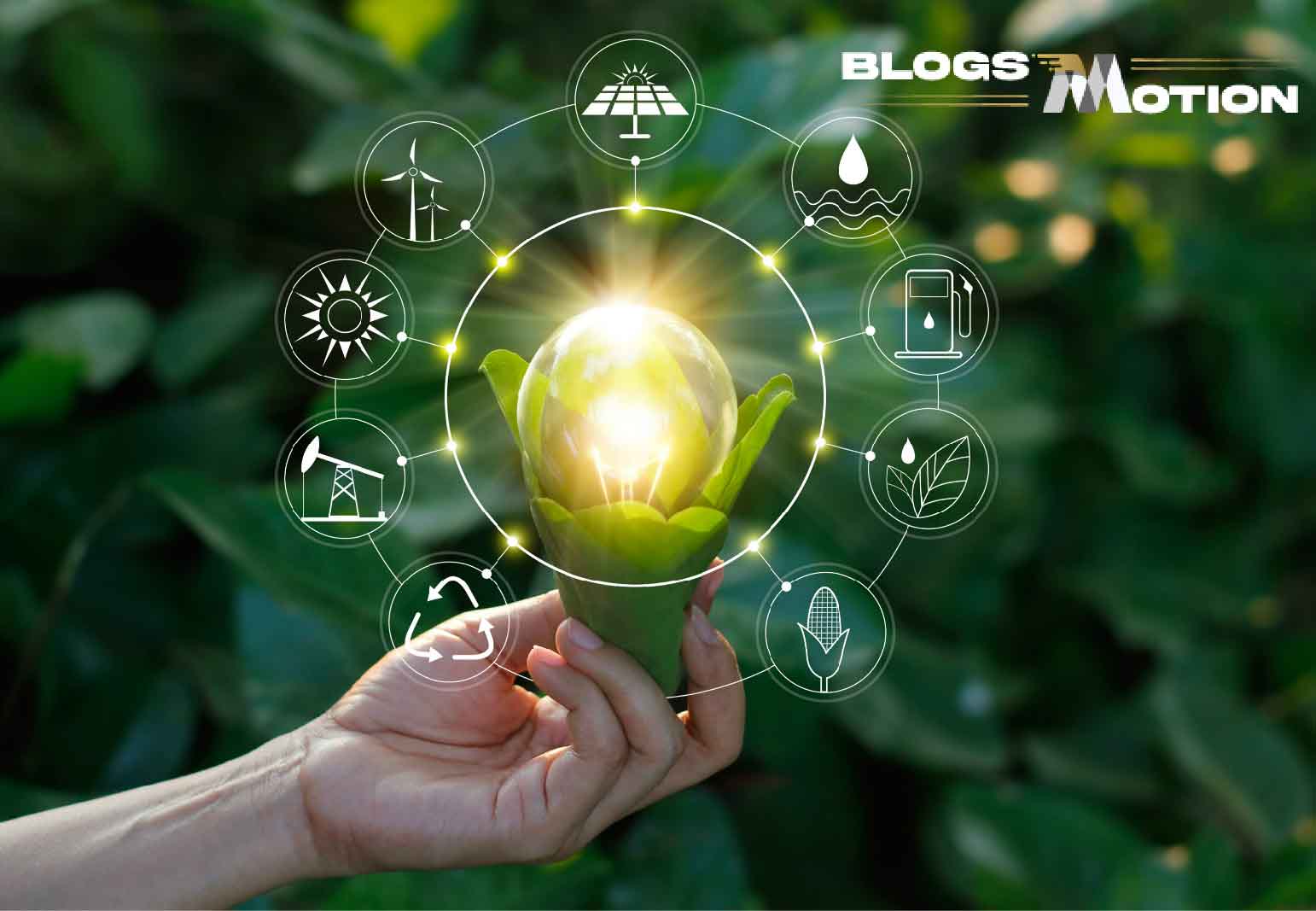
Sustainable Living in the Digital Age: Eco-Friendly Tech Solutions
In the ever-evolving landscape of the digital age, our lives are becoming increasingly intertwined with technology. From smartphones to smart homes, technology has brought convenience, efficiency, and connectivity to new heights. However, this rapid integration of technology into our lives has also brought forth environmental challenges. The rise in electronic waste, energy consumption, and carbon emissions has spurred a need for eco-friendly tech solutions that align with the principles of sustainable living. In this article, we delve into the world of sustainable living in the digital age and explore the innovative tech solutions that are paving the way for a greener future.
1. Energy-Efficient Devices: The proliferation of electronic devices in our lives has led to a surge in energy consumption. However, manufacturers are now prioritizing energy efficiency in their designs. From energy-efficient light bulbs to smart appliances that optimize energy usage, these innovations not only reduce our carbon footprint but also lead to cost savings over time.
2. Solar Power Integration: Solar technology has made significant strides, allowing homeowners and businesses to harness the power of the sun to generate clean and renewable energy. Solar panels on rooftops, portable solar chargers, and solar-powered gadgets are contributing to a more sustainable energy mix.
3. E-Waste Recycling: As electronic devices become obsolete at an accelerated pace, the issue of electronic waste (e-waste) has become a pressing concern. Eco-friendly tech solutions involve responsible e-waste recycling, where valuable components are salvaged, and hazardous materials are safely disposed of, reducing the environmental impact.
4. Smart Grids and Energy Management: Smart grids enable efficient energy distribution by adjusting power supply based on real-time demand. Energy management systems allow users to monitor and control their energy consumption, optimizing usage patterns for maximum efficiency.
5. Green Data Centers: The rapid growth of cloud computing has led to the establishment of massive data centers. Eco-friendly data centers utilize renewable energy sources, energy-efficient cooling systems, and advanced server designs to minimize energy consumption and waste heat.
6. Sustainable Materials in Tech Manufacturing: The tech industry is exploring sustainable materials for manufacturing devices. Bioplastics, recycled materials, and bamboo-based components are being integrated into products, reducing the reliance on resource-intensive materials.
7. Energy-Harvesting Gadgets: Innovations like kinetic energy chargers and solar-powered backpacks allow users to generate energy on-the-go, decreasing the dependence on conventional power sources.
8. IoT for Sustainable Living: The Internet of Things (IoT) enables devices to communicate and exchange data, leading to more efficient resource management. Smart thermostats, water monitors, and waste management systems help users reduce their ecological footprint.
9. Green Building Technologies: Sustainable architecture leverages technology to design and construct energy-efficient buildings. From smart windows that regulate indoor temperature to self-sustaining structures that generate their energy, these solutions redefine sustainable living spaces.
10. Electric Mobility and Transportation: Electric vehicles (EVs) are transforming the transportation sector. Advances in EV technology, charging infrastructure, and renewable energy sources are making electric mobility a cleaner alternative to traditional fossil fuel-powered vehicles.
11. Precision Agriculture: Technology is enhancing sustainable agriculture practices through precision farming techniques. Drones, sensors, and data analytics enable farmers to optimize resource usage, reduce waste, and increase crop yields.
12. Water Conservation Tech: Water scarcity is a global concern. Smart irrigation systems, leak detection devices, and water-saving appliances help conserve water and promote sustainable water usage.
13. Eco-Friendly Wearables: From fitness trackers to smartwatches, wearable technology is embracing sustainability. Eco-friendly materials, energy-efficient components, and biodegradable designs are making wearables more environmentally responsible.
14. Circular Economy Initiatives: The concept of the circular economy aims to minimize waste and keep products and materials in use for as long as possible. Tech companies are adopting repairable designs and recycling programs to promote a circular approach.
15. Digitalization of Paper Processes: Transitioning from physical documents to digital processes reduces paper consumption and contributes to saving trees and minimizing waste.
In conclusion, sustainable living in the digital age is not a contradiction but a harmonious combination of eco-friendly tech solutions. From energy-efficient devices to renewable energy integration and circular economy practices, technology is driving the path toward a greener future. As individuals, businesses, and societies, embracing these innovations empowers us to make conscious choices that benefit both the environment and our quality of life. By staying mindful of the environmental impact of our digital choices, we can ensure that technology remains a force for positive change on our planet.
© Blogs Motion | All Rights Reserved.
Flat 15% OFF ALL Orders Sitewide
Copy and paste this code
couponcode
